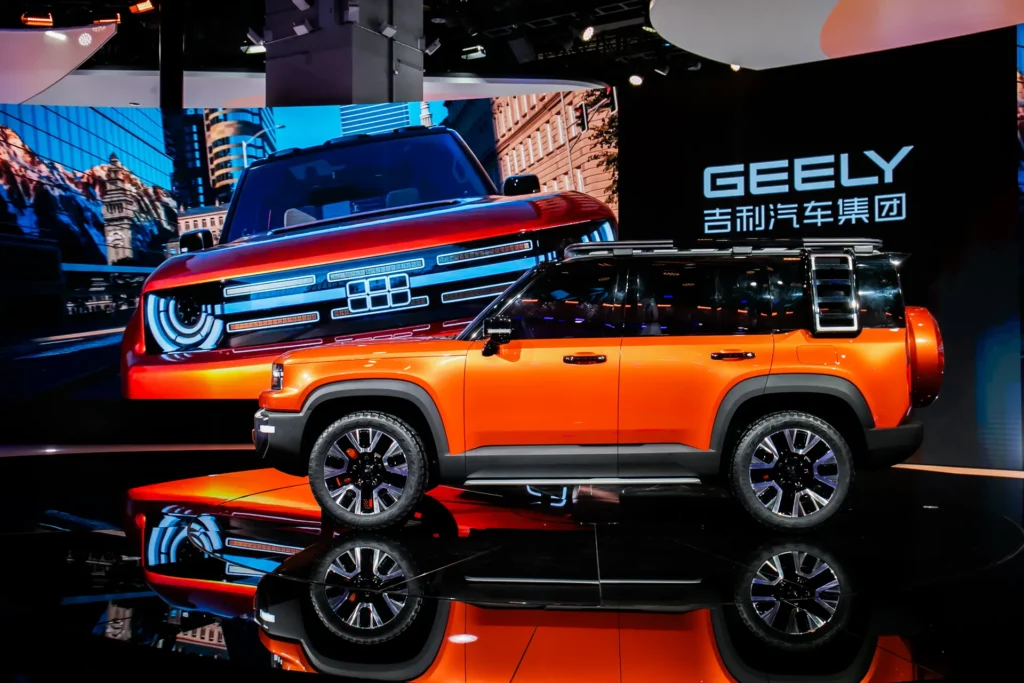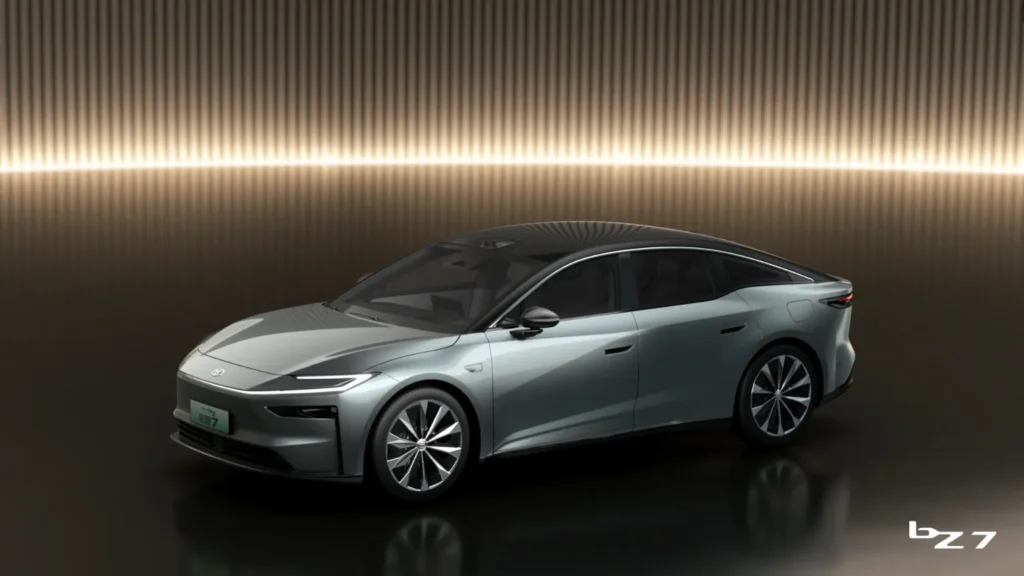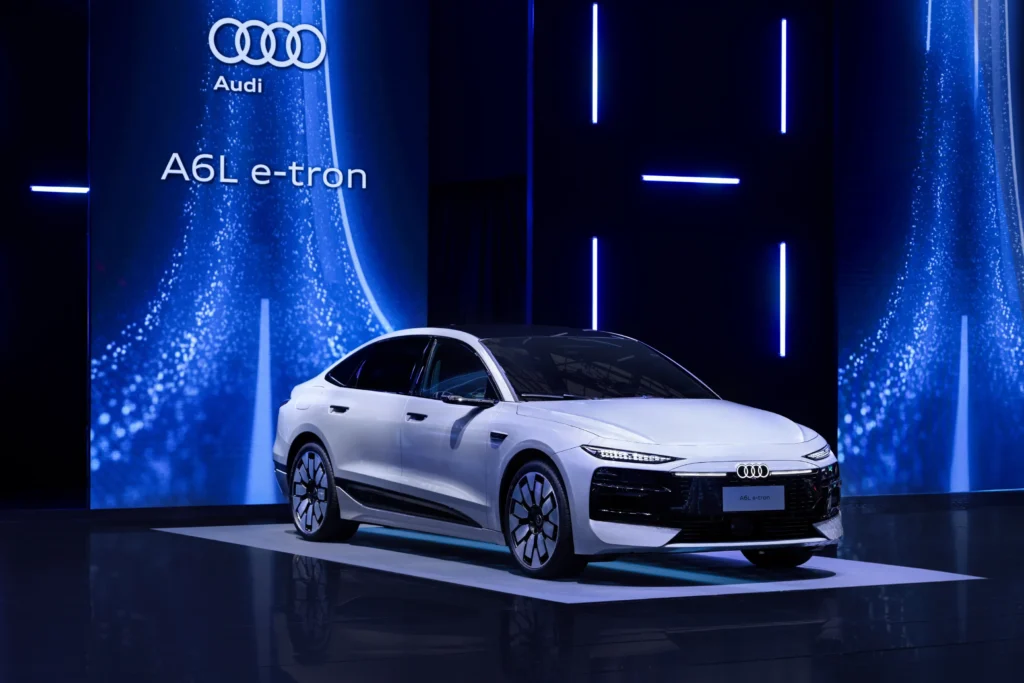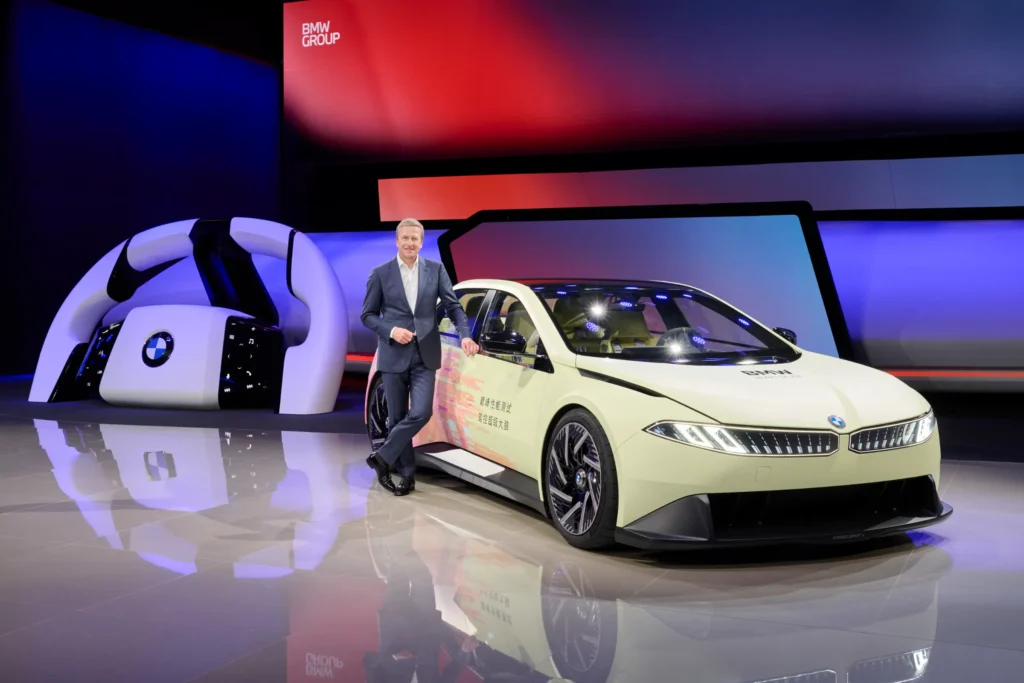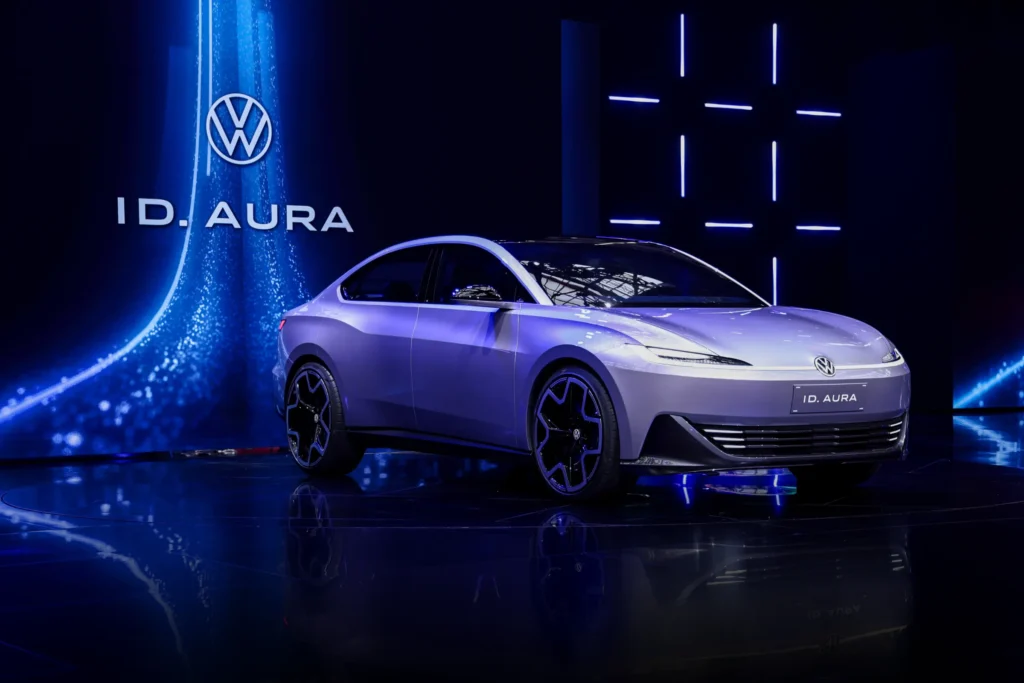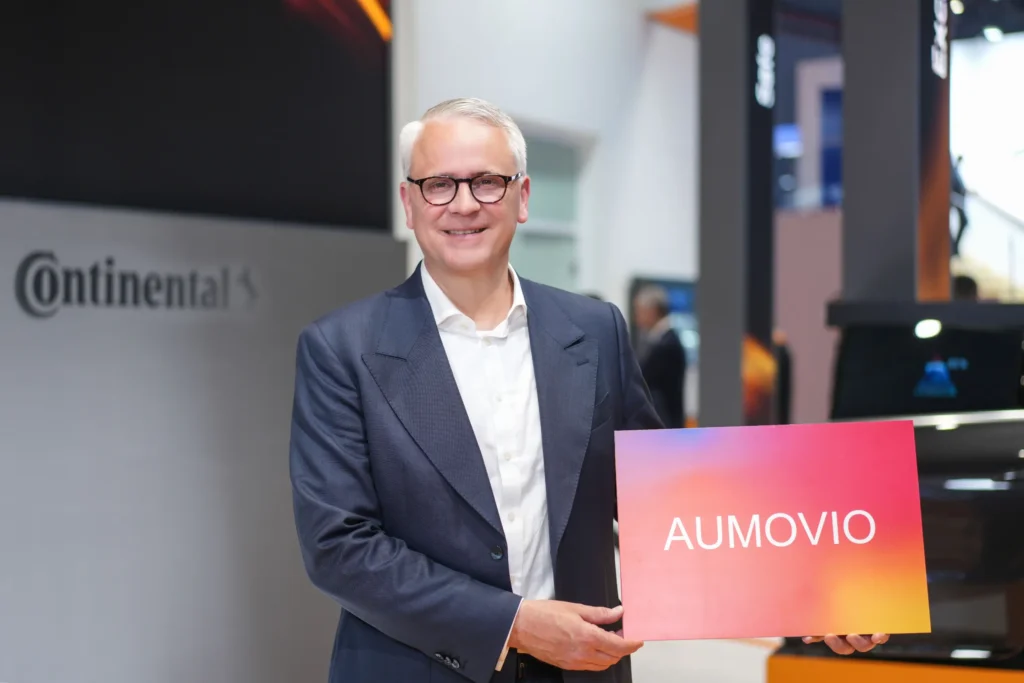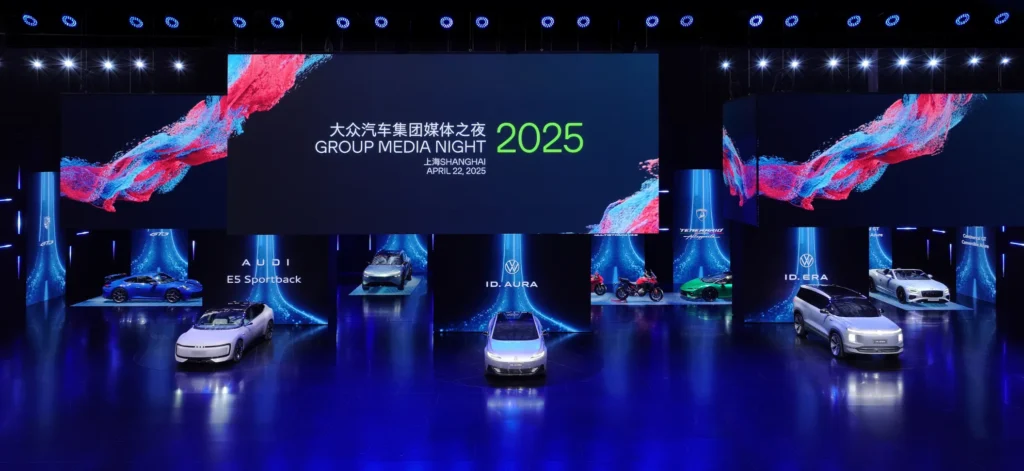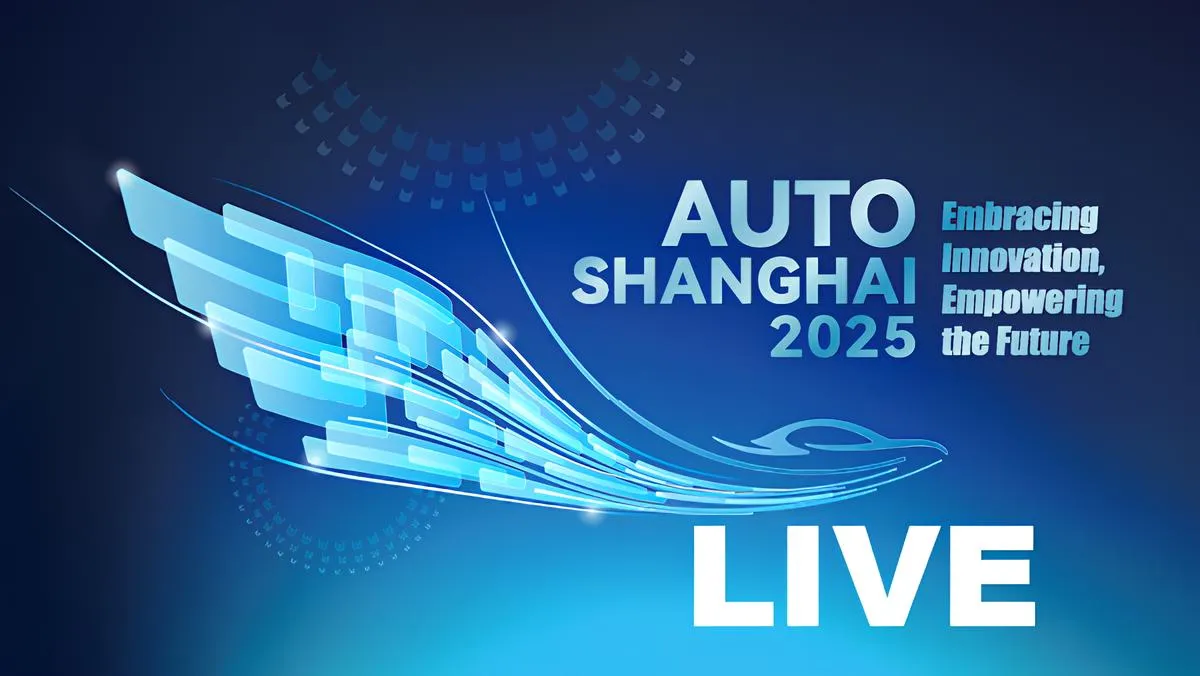
Auto Shanghai 2025 Opens its Doors, Showcasing the Future of Mobility
The highly anticipated Auto Shanghai 2025 has officially begun, drawing global attention to the forefront of automotive innovation. Under the theme “Embracing Innovation, Empowering the Future,” this year’s exhibition promises to be a pivotal event, highlighting the rapid advancements in electric vehicles (EVs), intelligent technologies, and sustainable mobility solutions. Running from April 23 to May 2 at the National Exhibition and Convention Center (Shanghai), the show features a dazzling array of new models, groundbreaking technologies, and strategic collaborations, underscoring China’s dominant role in the global automotive landscape.
Electrification Takes Center Stage
The shift towards electric mobility is undeniably the dominant trend at Auto Shanghai 2025. Bolstered by government incentives encouraging the replacement of older vehicles with newer, greener models, Chinese consumers are increasingly embracing EVs and hybrid vehicles, with sales witnessing a remarkable 40% surge in the past year. Domestic EV giant BYD continues to assert its dominance, having surpassed Tesla in global EV sales last year. The company recently unveiled an ultra-fast charging system, claiming to fully charge its latest EVs in a mere 5 to 8 minutes, a timeframe comparable to refueling a traditional gasoline car. BYD plans to establish over 4,000 of these rapid charging stations across China, further solidifying the nation’s EV infrastructure.
Foreign automakers, who initially entered the Chinese market through joint ventures, are now facing increasingly fierce competition from domestic players like BYD, Geely, and Great Wall Motors. While these international brands are showcasing their latest electric offerings, the show emphasizes the agility and innovation of Chinese manufacturers in this rapidly evolving sector.
Global Automakers Unveil Key Electric Models
Despite the strong domestic competition, global automakers are making significant strides in the electric vehicle market in China.
Toyota made a notable debut with its bZ7, a full-sized electric sedan developed in collaboration with its Chinese partners. This flagship model for Toyota’s Chinese BEV lineup boasts a sleek design and integrates Huawei’s HarmonyOS cockpit system, marking a significant step in leveraging local technological advancements. Lexus also presented its all-new ES electric vehicle, the first of its next-generation electrified models, drawing design inspiration from the LF-ZC concept and emphasizing comfort and advanced in-cabin features.
Audi is showcasing an impressive lineup of 19 models, including several China-specific electric vehicles like the Audi A6L e-tron and the AUDI E5 Sportback, developed with local partners FAW and SAIC. These models feature extended wheelbases for enhanced interior space and long-range capabilities, tailored to the preferences of Chinese consumers. Audi also highlighted its commitment to both electric and combustion engine vehicles, demonstrating a multi-faceted approach to the market.
BMW is presenting its vision for future driving pleasure with the BMW Vision Driving Experience, a high-performance test vehicle pushing the boundaries of driving dynamics control systems. While not a production model, it offers insights into the company’s advancements in software-defined vehicles and its “Heart of Joy” central computer for lightning-fast processing of driving dynamics.
Volkswagen is also expected to unveil new electric concept vehicles, further demonstrating the commitment of international brands to the Chinese EV market.
Technology and Innovation Drive the Future
Beyond electric powertrains, Auto Shanghai 2025 is a platform for showcasing cutting-edge technologies that will shape the future of mobility.
Gestamp, a global automotive supplier, presented its innovative Ges-Gigastamping™ technology, a new family of large-format body-in-white components designed to reduce vehicle weight and improve safety. Their Multipath Platform Concept is also a highlight, designed to accommodate various powertrains on a single base frame, enhancing manufacturing efficiency. Furthermore, Gestamp unveiled its Ges-Enubox®, a proprietary battery box solution emphasizing safety, lightweight design, and cost optimization for electric vehicles.
Continental, a major automotive technology company, announced that its Automotive group sector will be named Aumovio in the future, underscoring the importance of the Chinese market and its “in the market for the market” approach. The company presented advanced driver assistance systems developed specifically for the Chinese market, highlighting the trend of localizing innovation.
The integration of advanced digital technologies, including intelligent cockpits, autonomous driving capabilities, and enhanced connectivity features, is evident across many of the showcased vehicles. The collaboration between automotive manufacturers and technology companies, such as Toyota’s partnership with Huawei, signals a growing trend towards software-defined vehicles and a more seamless integration of technology into the driving experience.
A Global Stage for the Automotive Industry
Auto Shanghai has firmly established itself as a premier global automotive exhibition, attracting industry leaders, experts, and enthusiasts from around the world. The 21st edition underscores China’s pivotal role not only as the world’s largest automotive market but also as a driving force in shaping the future of the industry. The exhibition serves as a crucial platform for international cooperation, the exchange of ideas, and the unveiling of innovations that will impact the global automotive landscape for years to come. As the event progresses, further insights into market trends, technological breakthroughs, and strategic partnerships are expected to emerge, solidifying Auto Shanghai 2025’s significance in the automotive world.

